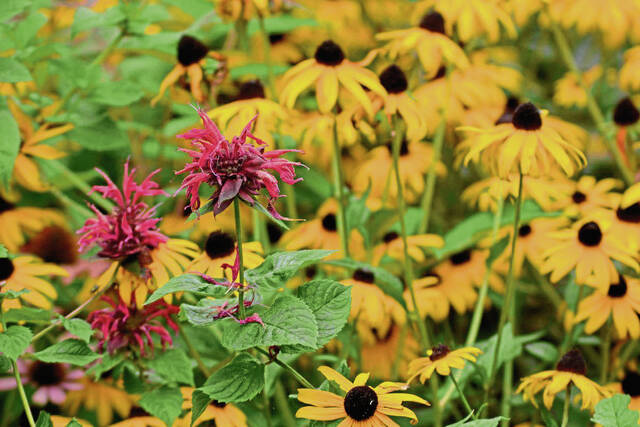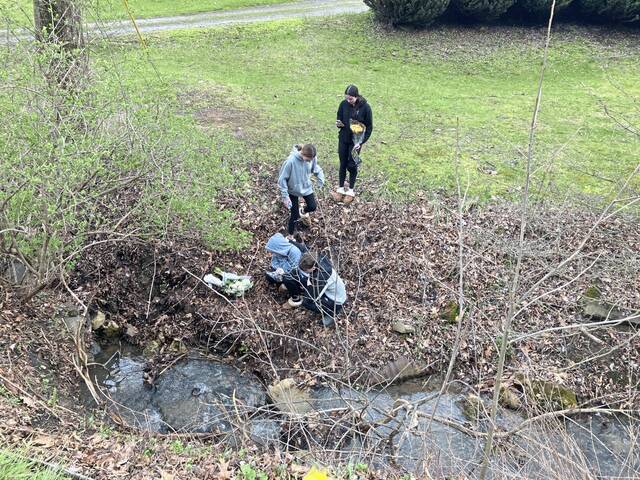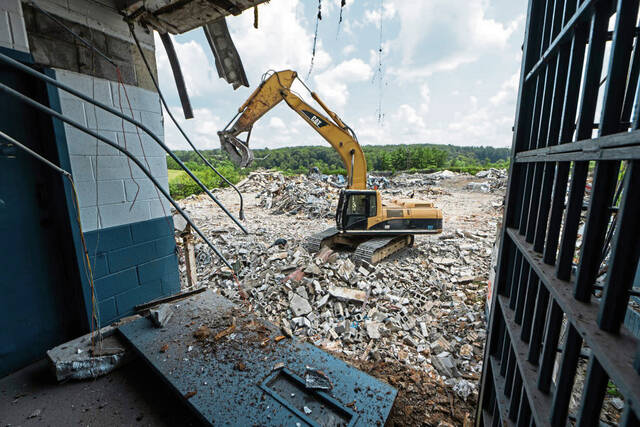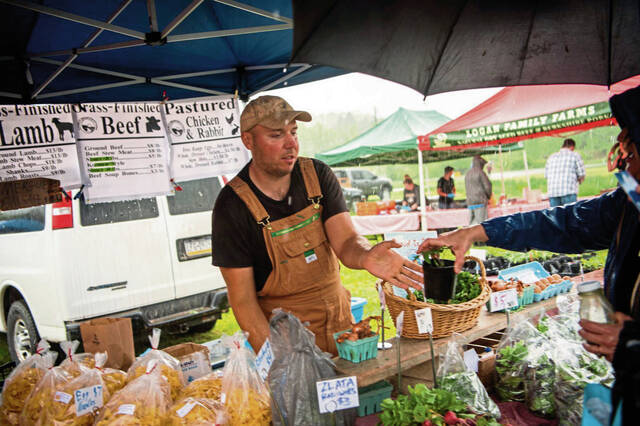Pennsylvania Turnpike and state transportation officials are hoping to brighten the roadside, boost the local pollinator population and spark the public’s interest in planting native species for critical pollinating wildlife like bees and butterflies.
Officials have overseen more than 40 acres of pilot planting, with an additional 25 acres in progress, including areas at the turnpike’s Irwin, Harrisburg West and Bensalem interchanges. So far, there are five pollinator habitats spread over 19 plots and 10 acres along the turnpike.
Rather than simply planting grass — which also requires regular mowing, maintenance and employee hours — officials opted to fill roadside areas with attractive, beneficial species.
“Pollinator habitats provide an array of colors and fragrance,” turnpike CEO Mark Compton said. “But, more importantly, these natural gardens, composed of native plants, promote, protect and preserve pollinating animals.”
PennDOT also updated its seed mixture, removing non-native and invasive plants and substituting pollinator-friendly varieties like black-eyed Susans, ox-eye flowers and common milkweed.
“It’s a mix of different perennials that attract pollinators like bees and butterflies,” said Jim Kaiser, roadway site manager for the Pennsylvania Turnpike. “This year, more species will be coming in and you’ll see more flowering from those species. There are also things that take about a year to come in, which will start showing up this year.”
The pilot programs are part of a push to encourage state residents to consider using more native and pollinator-friendly vegetation on their own properties. It’s an effort that has filtered down to the local level in many places.
In Westmoreland County, the Westmoreland Pollinator Partners has 26 organizations, schools, community gardens and individual members with pollinator-friendly gardens, and they are striving to end the year with 250 monarch “way stations” throughout the county. The areas provide milkweed for monarch caterpillars along with nectaring and blooming perennials to feed adult butterflies in summer and fall.
Just a few pollinator-friendly suggestions include mountain mint, rattlesnake master, purple coneflower, asters and goldenrod. The Gardenia.net gardening website recommends Pennsylvania residents plant Eastern redbuds, field thistle, joe-pye weed, wild lupine, bee balm or wild bergamot.
Some plants can attract specific types of pollinators. Eastern blacktail butterflies, for example, are attracted to items such as fennel or dill, as well as cherry and other deciduous trees.
Conservation-minded residents can also purchase a new pollinator-themed license plate. Proceeds from those plate sales will go to the state’s Pollinator Habitat Program Fund, which will be used to create additional naturalized gardens and meadows.
“The degradation and loss of pollinator habitats is a risk to those affected species as well as pollinator dependent crops across the state,” said Cheryl Moon-Sirianni, PennDOT’s executive deputy secretary. “We invite every Pennsylvanian to join us in their own gardens or with PennDOT through the Adopt and Beautify program.”
The last week of June was National Pollinator Week.
Anyone interested in applying to PennDOT’s Adopt and Beautify or Keystone Pollinator Habitat programs can do so at PennDOT.pa.gov. Enter “adopt and beautify” in the search page.








